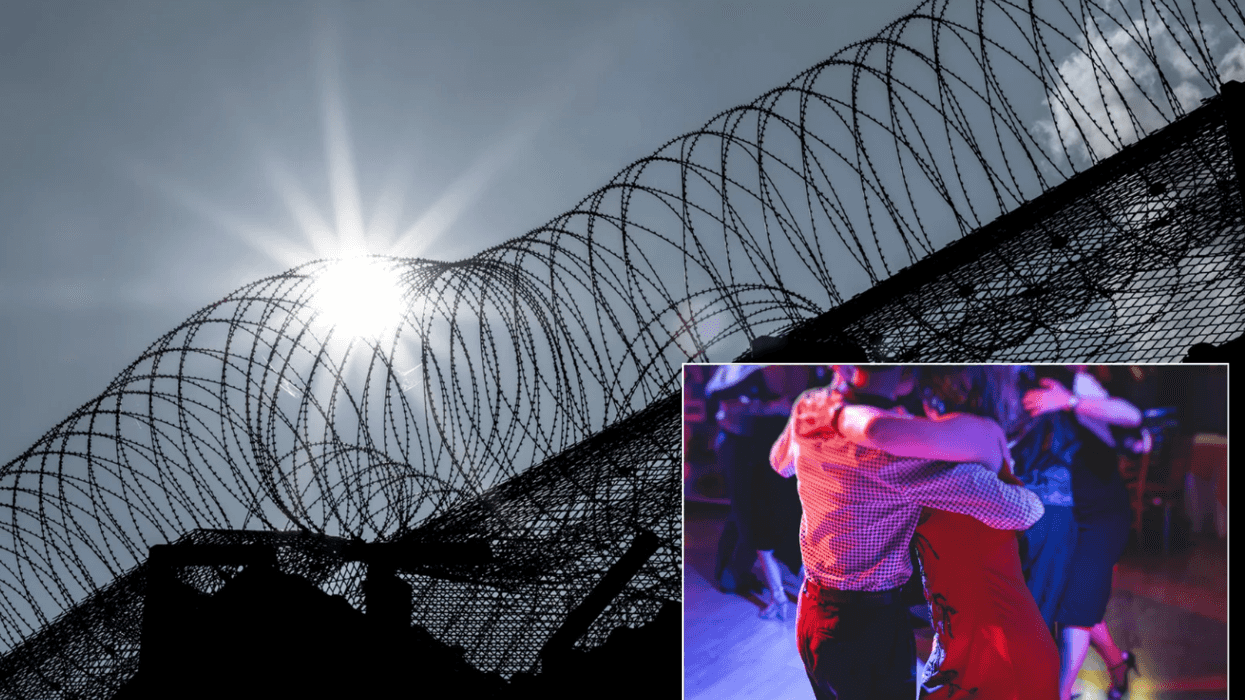Will turning America's high schools into hubs of STEM education solve our economic problems? At Tuesday night's State of the Union address President Obama announced, "a new challenge to redesign America's high schools so they better equip graduates for the demands of a high-tech economy." He plans to do that by rewarding "schools that develop new partnerships with colleges and employers, and create classes that focus on science, technology, engineering, and math—the skills today's employers are looking for to fill jobs right now and in the future."
Except that while ensuring kids acquire the STEM chops they need is certainly a worthy cause, there's a danger to this narrow emphasis. We can't forget that the purpose of school isn't just to serve the nation's economic interests. Indeed, while Andre Perry, the Associate Director for Educational Initiatives for the Loyola Institute for Quality and Equity in Education in New Orleans tweeted that given the President's emphasis on STEM, he better get his "two-year-old more science kits," he also cautioned, "Let's not forget ethics training Mr. President. Science without wisdom = high tech oppression."
That doesn't mean being able to get a job isn't important. In our high-tech world students need to learn how to code as much as they need to learn how to read, but there are too many policy makers out there who believe we need to run schools like their main purpose is to churn out workers for Google—or whatever the dominant tech company of the moment happens to be. We already have the kind of factory model and students like high school senior and education activist Nikhil Goyal are clamoring for a revolution. Goyal's called for transforming schools into places that cultivate "curiosity, grit, passion, and drive" and are true incubators "of innovation and a bridge between the community and the world."
We need our schools to widen our lens, nurture every child's potential, and provide a well-rounded education. Our students need to be educated so that they acquire the knowledge, skills, and mindset—including empathy and other so-called "soft skills"—to solve the myriad challenges facing our society.
Why don't we focus the nation's public schools on creativity, which is the skill that's most prized by the nation's CEOs—and which can't be outsourced? It's possible if we connect the arts and design thinking to education—and there's plenty of evidence that we should do so. Research shows that students who are exposed to visual and performing arts are more civically engaged, tolerant, and altruistic. Students who get vocal and instrument instruction also score higher on standardized tests. Indeed, speaking at a conference last year, education expert Sir Ken Robinson said that without the arts, what schools are doing is not even education. "We may be providing something else," said Robinson, "but it's not what we want to think of as education."
It bears mentioning that President Obama is sending his own children to a school that provides a well-rounded educational experience. Indeed, the 'academics' section of the Upper School at Sidwell Friends states that the campus "offers an intellectually challenging program which encourages students to strive for personal growth and to use their education for the betterment of the community at large." The school's "curriculum provides a broad foundation in the humanities and sciences, develops critical and creative thinking, stresses competence in oral and written communication as well as quantitative operations, and is designed to stimulate intellectual curiosity."
Lee Palmer, the head of the Upper School writes in her welcome message that the school's "rigorous academic program combined with the many opportunities to learn outside the classroom is designed to instill a sense of social responsibility and to generate resiliency in the face of adversity." Palmer goes on to say that Sidwell's "teachers understand a student is a whole human being whose value is not tied to the grade on a report card."
That certainly doesn't sound like a school that's primarily driven by the tech economy or the standardized demands of corporations. America's other prep schools aren't on board with the narrow vision of education that Obama espoused in the State of the Union, either, so why is this being suggested for everyone else's kids?
As education expert Richard Gerver recommends, students would be better off if the adults in charge spent some time examining our "deepest beliefs about the purpose of education and the value of the experiences schools can provide." We must "imagine a world in which anything is possible—in which every school could design and support programs, activities, and experiences that honor these hopes and beliefs, and provide for children what you value about all else." That is a far more inspiring call to action than transforming schools so kids can get a job in the tech economy—and it's what our children deserve.
Tired student in math class image via Shutterstock
















 Otis knew before they did.
Otis knew before they did.